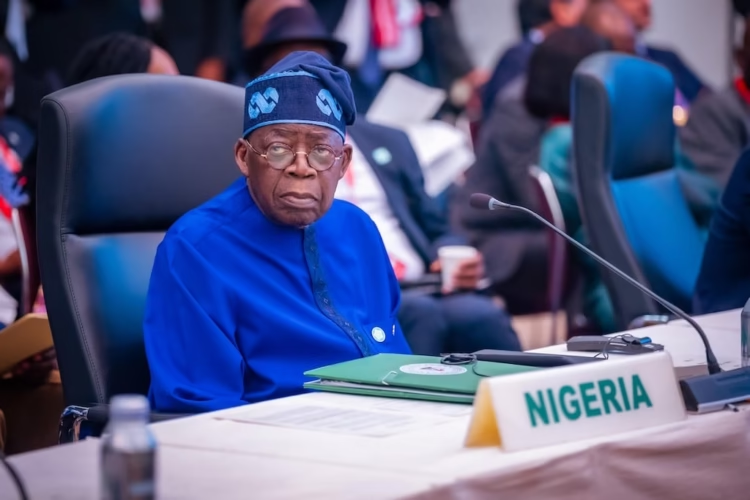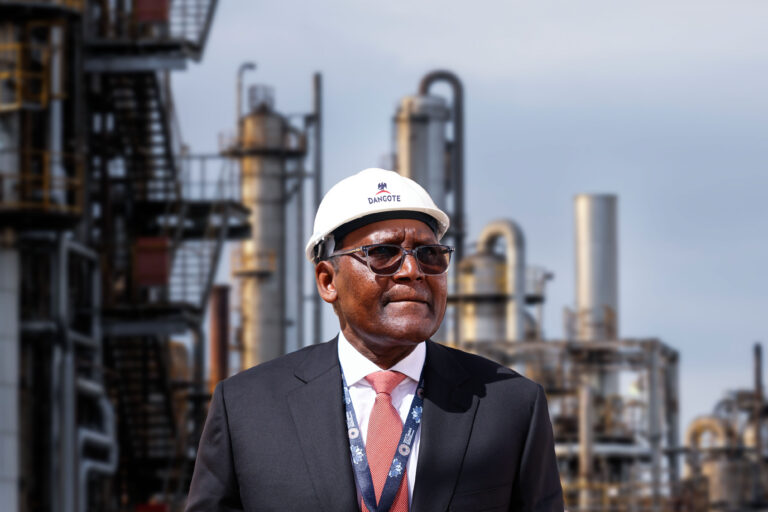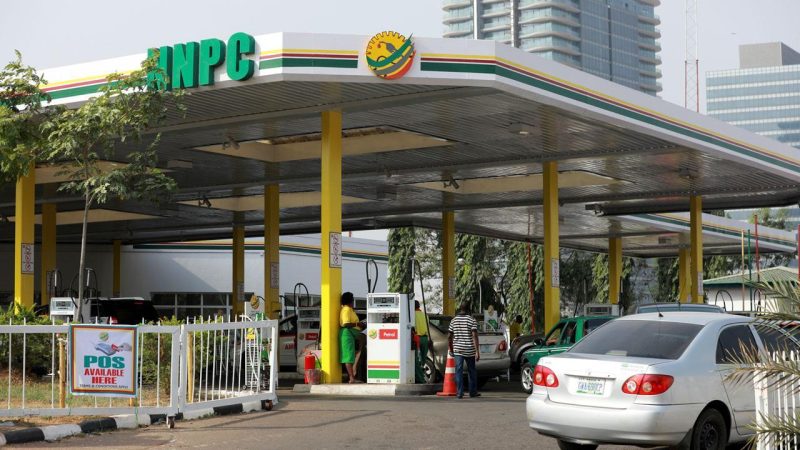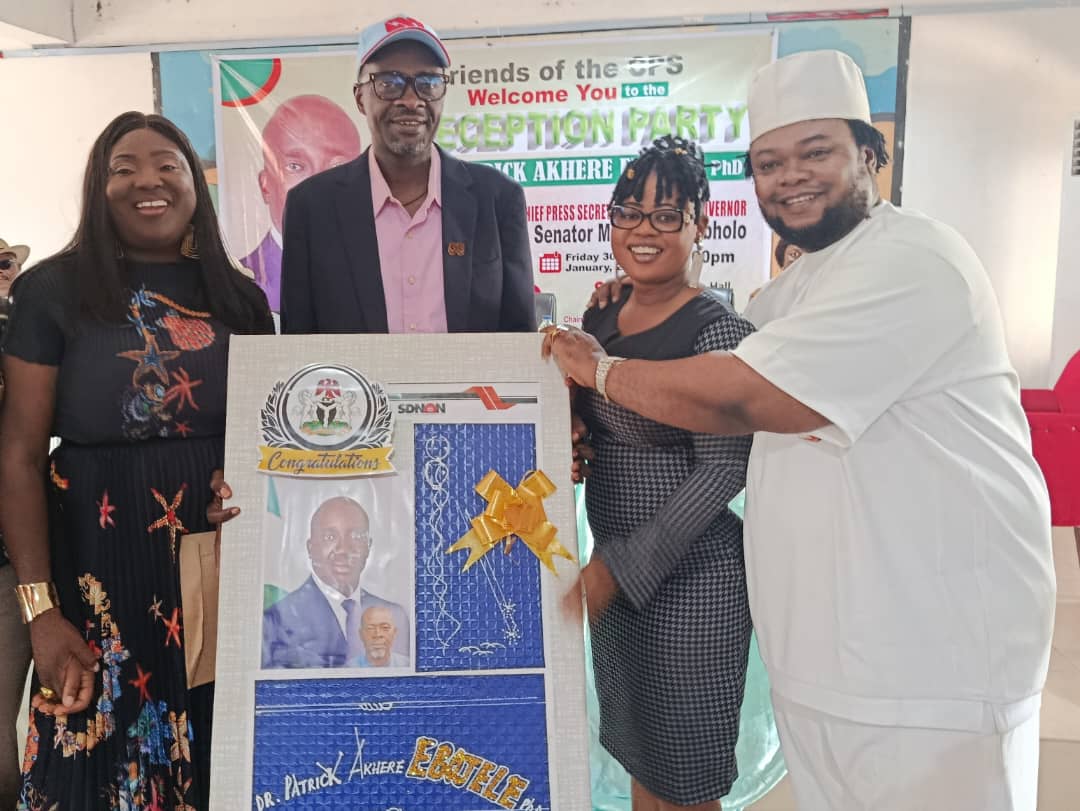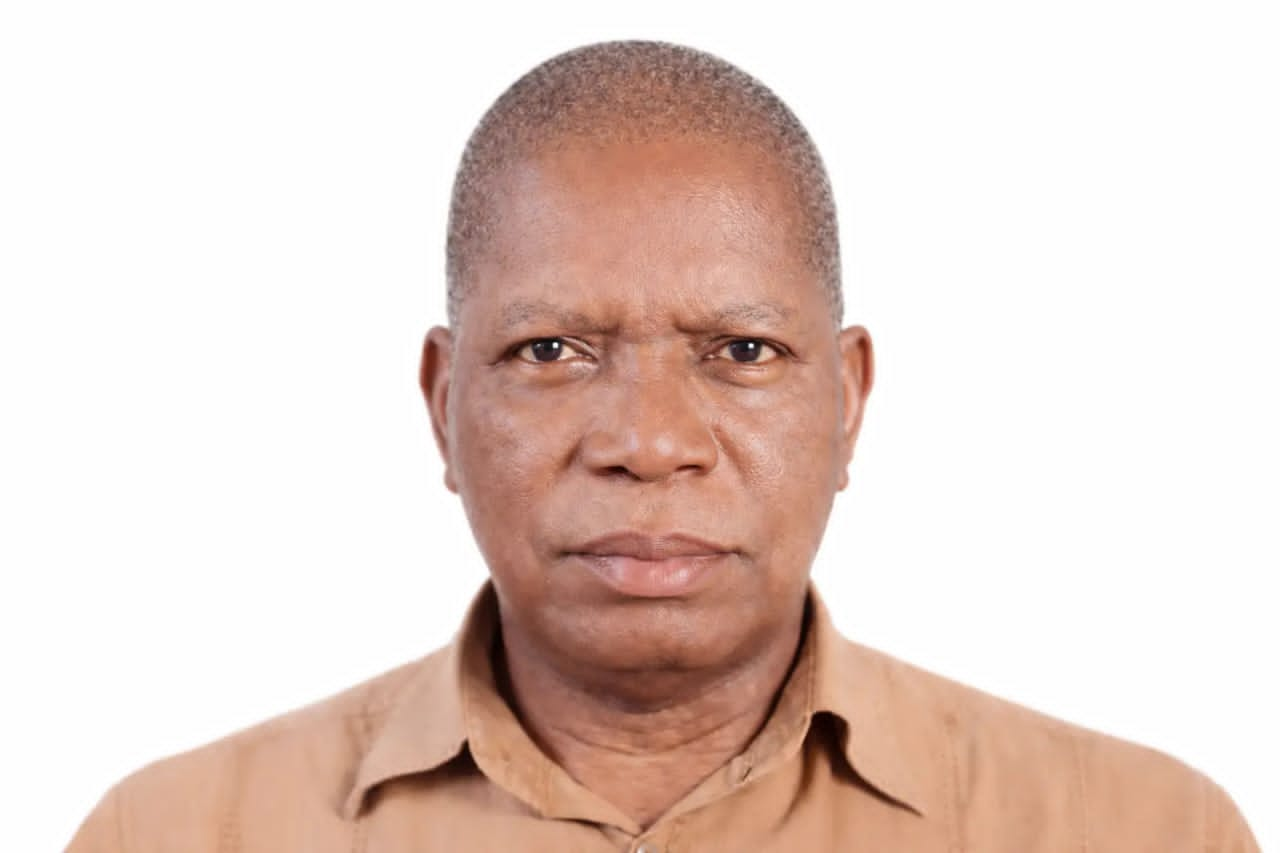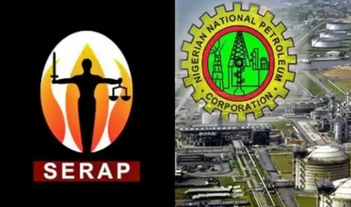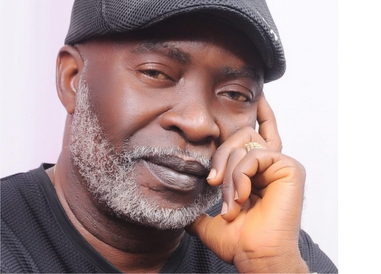Presidency disputes World Bank’s 139m poverty figure, calls it unrealistic and detached from Nigeria’s economic recovery under Tinubu’s reforms
Dangote refinery union sack controversy has shared space in headlines this week with another tense economic exchange—this time between the Nigerian Presidency and the World Bank, after the international lender estimated that 139 million Nigerians are now living in poverty.
Also read: World Bank to approve $750m loans for Nigeria
In a statement issued Wednesday, the Presidency strongly disputed the figure, describing it as “unrealistic” and detached from local economic realities.
The pushback came through President Bola Tinubu’s Special Adviser on Media and Public Communication, Sunday Dare, who insisted that the World Bank’s methodology did not reflect Nigeria’s nuanced socioeconomic landscape.
“While Nigeria values its partnership with the World Bank and appreciates its policy input, the figure must be properly contextualised. It is unrealistic,” Dare posted via his verified X handle.
The government’s core argument rests on the methodology behind the estimate, which uses the global poverty line of $2.15 per day, defined in 2017 using Purchasing Power Parity (PPP).
According to the Presidency, this measure does not account for Nigeria’s informal and subsistence economies, which support a large portion of its population.
“If converted nominally, the $2.15 daily line equals about N100,000 per month at current exchange rates — significantly higher than Nigeria’s new minimum wage of N70,000,” the statement said. “This is an analytical construct, not a direct reflection of local income.”
Citing the last nationwide consumption survey (2018/19), the Presidency argued that the World Bank’s analysis is based on outdated data and fails to capture more recent economic reforms now being implemented under the Tinubu administration.
The Presidency claims that Nigeria is on a path of economic recovery, driven by “painful but necessary reforms,” such as the removal of fuel subsidies, exchange rate unification, and renewed focus on social protection and infrastructure investment.
Among the initiatives cited:
- Conditional Cash Transfers to 15 million households
- Expanded micro-credit under GEEP (TraderMoni, MarketMoni)
- School feeding programmes
- Food security initiatives and grain reserves
- Renewed Hope Infrastructure Fund for power, roads, and housing
The government insists these efforts are already having an impact, with macroeconomic indicators like revenue, growth, and reserves improving, though it admits living conditions remain a challenge for many Nigerians.
“What truly matters is the trajectory,” Dare said. “Nigerians should begin to feel visible improvements in food prices, income, and purchasing power as these programmes mature.”
The Presidency’s optimistic outlook has met stiff criticism from opposition leaders, economists, and labour unions, many of whom argue that economic hardship is worsening, not easing.
Labour Party spokesman Tony Akeni said the World Bank’s figures “reflect the grim reality” on the ground. “Growth figures are meaningless when people can’t feed,” he said.
The Nigeria Labour Congress echoed that sentiment. Assistant General Secretary Chris Onyeka remarked, “Poverty isn’t abstract — it’s a lived reality. Workers don’t need data to tell them they’re struggling.”
Economist Muda Yusuf acknowledged that reforms were necessary, but admitted they had exacerbated poverty in the short term, particularly through rising inflation and exchange rate shocks.
“We need a second phase of policy now — one that targets welfare and cost of living directly,” he said.
Others pointed out the contradiction in claiming progress while seeking new international loans and struggling to contain food and fuel inflation.
At the launch of its October 2025 Nigeria Development Update, the World Bank warned that despite macroeconomic improvements, poverty has deepened, rising from 87 million in 2023 to 139 million in 2025.
The Bank’s Country Director, Mathew Verghis, praised Nigeria’s bold reforms but stressed that the benefits must trickle down to the population.
“This is a rare window to change Nigeria’s economic trajectory — but the results must reach the people,” he said.
While the Dangote refinery union sack and other domestic tensions underscore the fragility of Nigeria’s labour environment, the broader dispute over poverty statistics raises fundamental questions about how reform outcomes are measured — and who gets to define success.
In the end, as economists suggest, GDP growth without human development is merely statistical.
Also read: World Bank to approve $750m loans for Nigeria
The true test of reform lies not in charts or models, but in what Nigerians feel at the market stall, the school gate, and the fuel queue.


